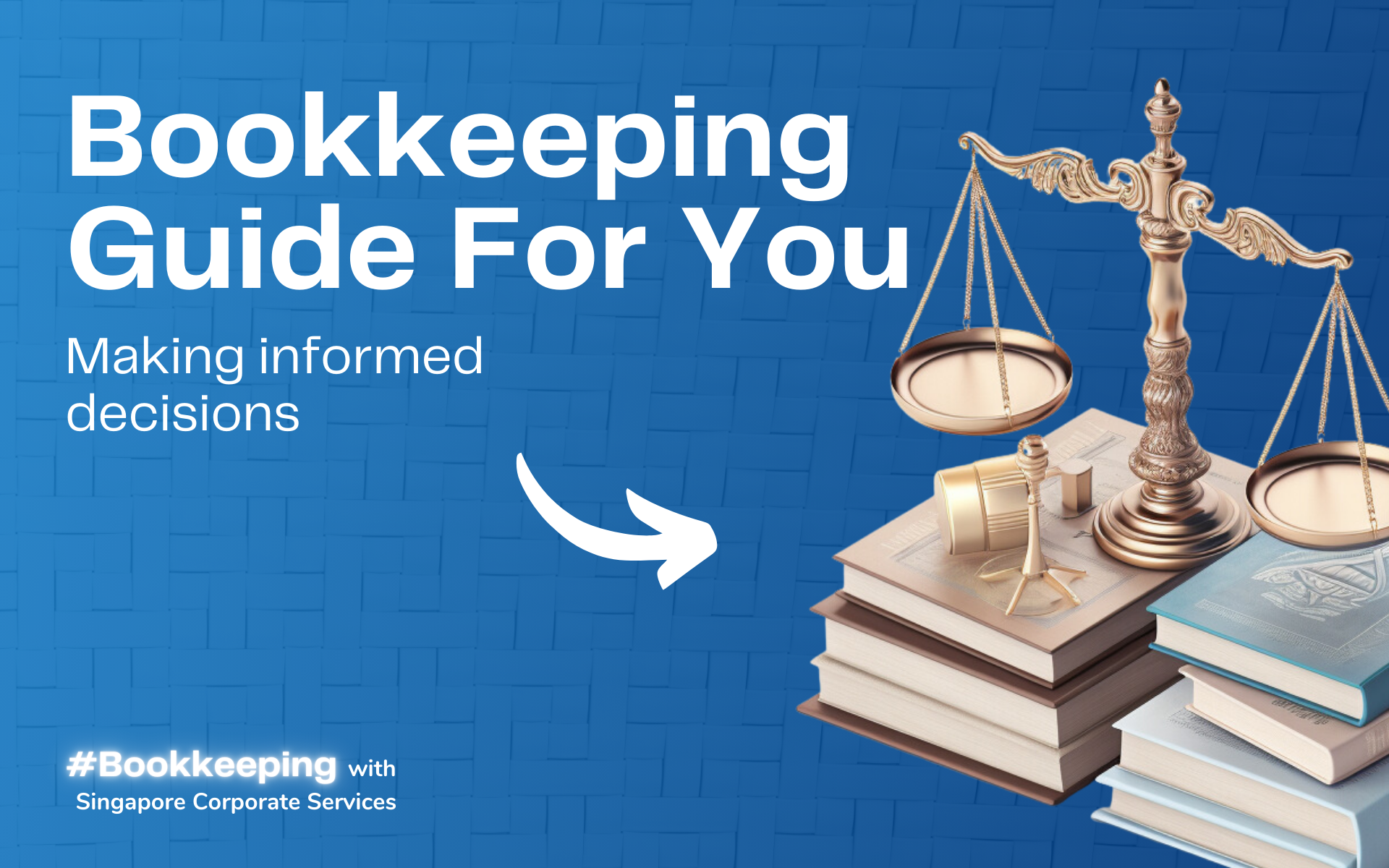Bookkeeping is a fundamental aspect of running a successful business. It involves maintaining accurate financial records, tracking transactions, and ensuring compliance with regulations. Understanding the essentials of bookkeeping is crucial for managing your business’s financial health effectively. In this article, we will delve into the core aspects of bookkeeping, its importance, and how it can benefit your business.
What is Bookkeeping?
Bookkeeping is the process of recording, organising, and maintaining financial transactions and records for a business. It involves tracking income, expenses, assets, liabilities, and equity. By systematically recording these transactions, bookkeeping provides a clear financial picture of a company’s operations.
Bookkeeping transactions can be documented manually in a journal or electronically using spreadsheet software like Microsoft Excel. Nowadays, many businesses opt for dedicated bookkeeping computer programs to maintain comprehensive records of their financial transactions. Bookkeepers employ either single-entry or double-entry bookkeeping methods to accurately record and track financial activities. It is essential for bookkeepers to be familiar with the company’s chart of accounts and possess a solid understanding of debits and credits to ensure proper book balancing.
How Does Bookkeeping Differ From Accounting?
In a business firm, bookkeeping serves as an important preliminary function to the overall accounting process. A bookkeeper is responsible for gathering documentation for each financial transaction, recording the transactions in the accounting journal, assigning appropriate debits and credits, and organising them according to the firm’s chart of accounts.
While all financial transactions are recorded, they need to be summarised at specific intervals. Some firms require quarterly reports, while others, particularly smaller firms, may only need reports at the end of the year for tax preparation purposes.
Once the designated time period concludes, the accountant takes over and assumes responsibility for analysing, reviewing, interpreting, and reporting financial information for the business firm. The accountant also prepares year-end financial statements and ensures the proper classification of accounts. The year-end reports must adhere to the standards established by the Financial Accounting Standards Board (FASB) and comply with Generally Accepted Accounting Principles (GAAP).
Understanding the Basics of Bookkeeping
When establishing bookkeeping for your business, there are several key decisions and concepts to consider. This section will break down the essential elements of bookkeeping, including accounting methods, chart of accounts, and understanding assets, liabilities, equity, revenue, expenses, and costs.
Accounting Methods and Chart of Accounts
One of the first choices to make is whether to use cash or accrual accounting. Cash accounting records transactions when cash changes hands, while accrual accounting records transactions immediately, regardless of when the cash is exchanged. If your business offers credit or requests credit from suppliers, using an accrual accounting system is typically necessary.
The double-entry concept of bookkeeping is a standard system used by both small and big business entities, especially accounting firms in Singapore. Each transaction requires at least two entries, ensuring accuracy through debits and credits.
Setting up a computerised accounting system is essential for most businesses today. While small firms may utilise basic spreadsheet software like Microsoft Excel, larger businesses often adopt more advanced accounting software to manage their accounting journals.
Understanding Assets, Liabilities, and Equity
A solid grasp of these fundamental components is crucial for effective bookkeeping. Assets represent what the company owns, including tangible assets like inventory and accounts receivable, as well as intangible assets like customer goodwill. Liabilities encompass what the company owes, such as payables, loans, and taxes. Equity reflects the investment made by business owners and other investors in the company.
Balancing the books involves ensuring that the accounting equation holds true: Assets = Liabilities + Equity. This equation demonstrates the balance between what the business owns and the claims against it.
Income Statement: Revenue, Expenses, and Costs
The income statement plays a vital role in bookkeeping and provides insights into the financial performance of the business. Revenue represents the income generated from selling products or services. Costs, also known as the cost of goods sold, encompass the expenses associated with purchasing or manufacturing the goods sold. Expenses refer to the costs incurred in running the business, such as salaries, wages, or administrative expenses.
A skilled bookkeeper must accurately record each financial transaction in the accounting journal, assigning them to the appropriate accounts. For instance, a cash sale to a customer would be recorded as an increase in the asset account “Cash” and an increase in the revenue account “Sales” in a double-entry bookkeeping system.
Bookkeeping for Your Small Business
Managing your small business records doesn’t have to be complicated. Choose a system, such as Xero, an online accounting platform, paid programs, or spreadsheets, and dedicate regular time to review, reconcile transactions, and perform data entry. Xero offers user-friendly features, real-time reporting, and integration with other business systems, making it a popular choice for small businesses.
Choosing the Best Bookkeeping Services
If you prefer to delegate bookkeeping tasks, seek recommendations from other business owners, search online for providers, and read reviews. Consider Singapore Corporate Services, a Xero-certified bookkeeper, who is proficient in utilising the platform to streamline financial processes.
Online bookkeeping services such as Singapore Corporate Services offer time and cost savings. Choose a service that meets your business needs, including additional features like payroll or tax documents. While analysing different providers, remember to consider their expertise in using Xero to ensure seamless integration and efficient bookkeeping processes.
Bottom Line
Bookkeeping can be initially managed by entrepreneurs, but as businesses grow, outsourcing to professionals, especially those experienced with Xero, becomes necessary. Starting your own bookkeeping business using Xero as your primary tool can be a viable career choice if you enjoy organisation and numbers. Consider the needs of your business and explore Xero accounting platform and other online bookkeeping services to streamline financial processes effectively.
Whether you handle bookkeeping in-house or seek professional assistance, maintaining organised and precise records is essential for making informed decisions and meeting regulatory requirements.
How to Change Your Company Name in Singapore
A company's name can significantly shape its identity, yet there are times when a change becomes...
Is Singapore a Tax Haven? A Comprehensive Analysis
Is Singapore really a tax haven, or is it simply capitalising on tax policies that spur economic...
Fiscal Year vs Financial Year: Definitions and Implications
Is there a difference between a fiscal year and a financial year? While they both refer to the...




